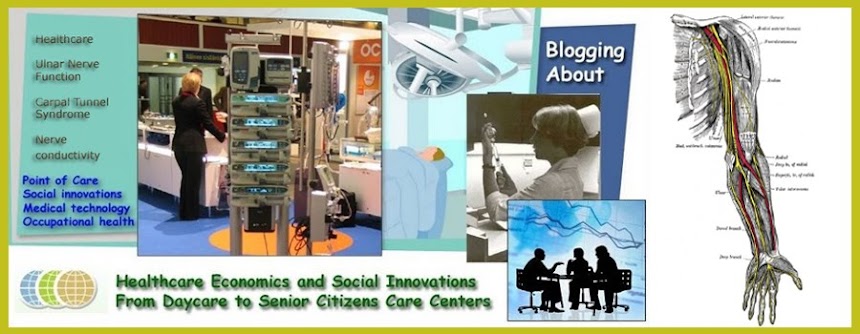ALL CHANGE PLEASE
Professor James Barlow, Jamie Burn, Gavin Lockhart
EXECUTIVE SUMMARY
The NHS’ performance in taking up and spreading innovations and existing best practice is variable. All Change Please is an inquiry into what can be done to improve this position.
All Change Please has been my summer reading. NHS is taking a deep dive into innovations and how to set them into practice in British healthcare. Mediracer has a role in this project. For more information, please, read this posting.
DEFINING OUR TERMS – WHAT IS ‘INNOVATION’ AND ‘BEST PRACTICE’?
We follow Greenhalgh et al’s description of innovation as ‘a novel set of behaviours, routines, and ways of working that are directed at improving health outcomes, administrative efficiency, cost effectiveness, or user’s experience, and that are implemented by planned and coordinated actions’.
Within this umbrella definition there are different forms of innovation – some innovations may be technological (such as a new medical device) and others may be changes in care practices or the organisational arrangements for delivering care. The boundaries are often blurred, however, with new technologies commonly requiring new practices or organisational forms for their successful introduction. Different strategies to encourage adoption and manage implementation are therefore necessary, depending on the nature of the innovation.
- Mediracer is a technical device for distributed diagnosis of Carpal Tunnel Syndrome. Professional diagnostic services can be taken closer to customers and patients.
‘Best practice’ can be defined as the most efficient and effective way of accomplishing a task, based on repeatable procedures that are proven to work in practice. Examples of best practice can be found in pockets of excellence within the NHS, but often fail to spread.
- Take a look at the Mediracer Medical Futures Award Gallery 2007.
Spreading innovation and best practice in the NHS typically involves two forces: a ‘push’ from government and commissioning organisations, as well as manufacturers, and a ‘pull’ from health service delivery organisations.
Local organisations do not have the capacity to identify, collect and assess every new technology coming to market, meaning that efficient central mechanisms are required to ensure all NHS patients benefit from important advances. But to embed best practice in every area, and update it with every new innovation, would be a huge drain on resources and would negate local ‘incremental’ improvement by returning to bureaucratic governance. Therefore, incentives for self-improvement are also required.

No comments:
Post a Comment